Did you know, India has become a leading exporter in the organic farming sector, which has seen substantial growth over the years? Currently, the country exports organic products worth around ₹5,000 to ₹6,000 crore. By 2028, this figure is expected to grow to ₹20,000 crore — approximately 3 to 3.5 times the current level.
As of March 2024, India has approximately 17.6 lakh hectares of land under organic farming, with an additional 36.2 lakh hectares in the process of being converted to organic.
Consumers are becoming increasingly aware of what they eat, how it’s produced, and the long-term environmental impact of farming practices. Organic vs conventional farming, both play significant roles in global food production, they differ vastly in methods, outcomes, and philosophies.
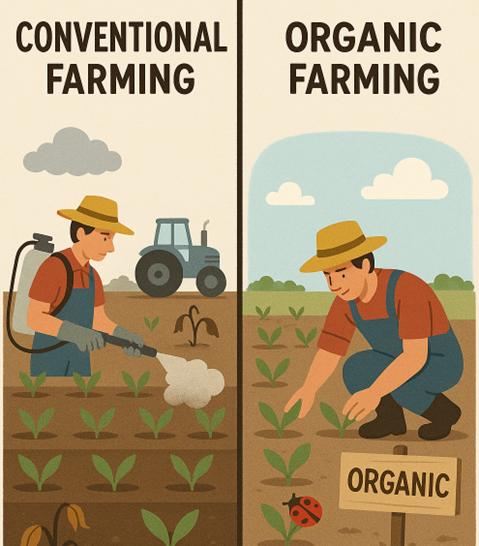
Understanding Organic and Conventional Farming
- Organic farming relies on natural processes and inputs. It avoids synthetic pesticides, fertilisers, genetically modified organisms (GMOs), and growth hormones. Instead, it uses compost, green manure, crop rotation, biological pest control, and other eco-friendly techniques.
- Conventional farming, on the other hand, uses synthetic chemicals, GMOs, and advanced machinery to maximise yield and efficiency. This system is designed to feed large populations with consistent production cycles.
Organic vs Conventional farming with their Whys & Why Nots!
Pros of Organic Farming:-
- Environmental Sustainability: Organic farming promotes biodiversity, improves soil health, and reduces pollution. Techniques such as crop rotation and cover cropping naturally enhance soil fertility, while the use of organic manure reduces the risk of chemical runoff into water bodies.
- Health Benefits: Organic produce is generally free from synthetic pesticides and chemical residues. Studies suggest that organic crops have higher antioxidant levels, which may contribute to better long-term health.
- Better Animal Welfare: Organic livestock are raised without the use of growth hormones or antibiotics, and they have access to outdoor spaces. This leads to healthier animals and ethically produced meat, dairy, and eggs.
- Resilience to Climate Change: Healthy, organic soils retain more carbon and water, making them more resilient to droughts and extreme weather patterns.
Cons of Organic Farming:-
- Lower Yields: Organic farms typically produce 20-25% less yield than conventional farms, particularly in staple crops such as wheat, rice, and maize. This can lead to higher food prices and challenges in feeding large populations.
- Higher Costs: Organic certification, manual labour, and natural inputs increase the cost of production. These expenses are typically passed on to consumers, making organic produce less accessible.
- Labour-intensive: Organic farming relies heavily on manual labour for tasks such as weeding, pest control, and soil management, which can be time-consuming and costly.
- Limited Availability of Inputs: Organic-approved fertilisers, seeds, and bio-pesticides are not always readily available, particularly in rural India.
Pros of Conventional Farming:-
- High Yield and Efficiency: Conventional methods produce more food per acre, supporting food security for a growing global population. Mechanisation and chemical inputs ensure timely planting, growth, and harvest.
- Lower Food Prices: With economies of scale and higher yields, conventional farming helps keep food prices relatively low and accessible.
- Technological Advancements: Innovations such as genetically modified crops, precision agriculture, and advanced irrigation systems make conventional farming highly productive and efficient.
- Scalability: Large-scale operations can be easily managed and scaled, supporting national food policies and exports.
Cons of Conventional Farming:-
- Environmental Degradation: The intensive use of chemicals can degrade soil health, pollute water bodies, and harm biodiversity. Over time, this reduces the land’s natural productivity.
- Health Concerns: Residues from pesticides and antibiotics in food can pose health risks. Long-term exposure to certain chemicals is associated with various health issues.
- Dependency on Chemical Inputs: Conventional systems often require continuous chemical intervention, making farmers dependent on costly external inputs.
- Greenhouse Gas Emissions: Use of synthetic fertilisers and fossil-fuel-based machinery contributes significantly to agricultural greenhouse gas emissions.
Organic vs Conventional Farming: Which is Better?
There is no one-size-fits-all answer. Organic farming is ideal for sustainable, small-scale, and eco-conscious agriculture; however, it faces challenges related to scalability and cost. Conventional farming remains essential for feeding billions, but needs reforms to reduce its ecological footprint. The solution may lie in integrated approaches, such as regenerative agriculture and precision organic farming, which leverage the strengths of both systems. Encouraging farmers to adopt hybrid models can strike a balance between productivity and sustainability.
agribazaar’s Role in Promoting Better Farming Choices
agribazaar supports both organic and conventional farmers by offering data-driven solutions, market access, and input buying services. Through its input marketplace, farmers can source certified organic and conventional seeds, fertilisers, and crop protection products from trusted brands. The platform also provides expert guidance on sustainable farming practices.
For organic farmers, agribazaar offers visibility and better price discovery by connecting them directly with niche buyers seeking chemical-free produce. Meanwhile, conventional farmers benefit from real-time mandi prices, weather forecasts, and soil health insights to optimise their operations. The agritech platform also helps identify pest or disease problems, offering timely advice tailored to both farming systems.
By bridging the gap between traditional practices and modern technology, agribazaar empowers farmers to make informed decisions—whether they opt for organic, conventional, or a combination of both.
Conclusion
The debate on organic vs conventional farming is not about choosing one over the other—it’s about creating a resilient food system that serves people and the planet. By understanding the strengths and limitations of each method and leveraging agritech platforms, India can pave the way for a smarter, more sustainable agricultural future.


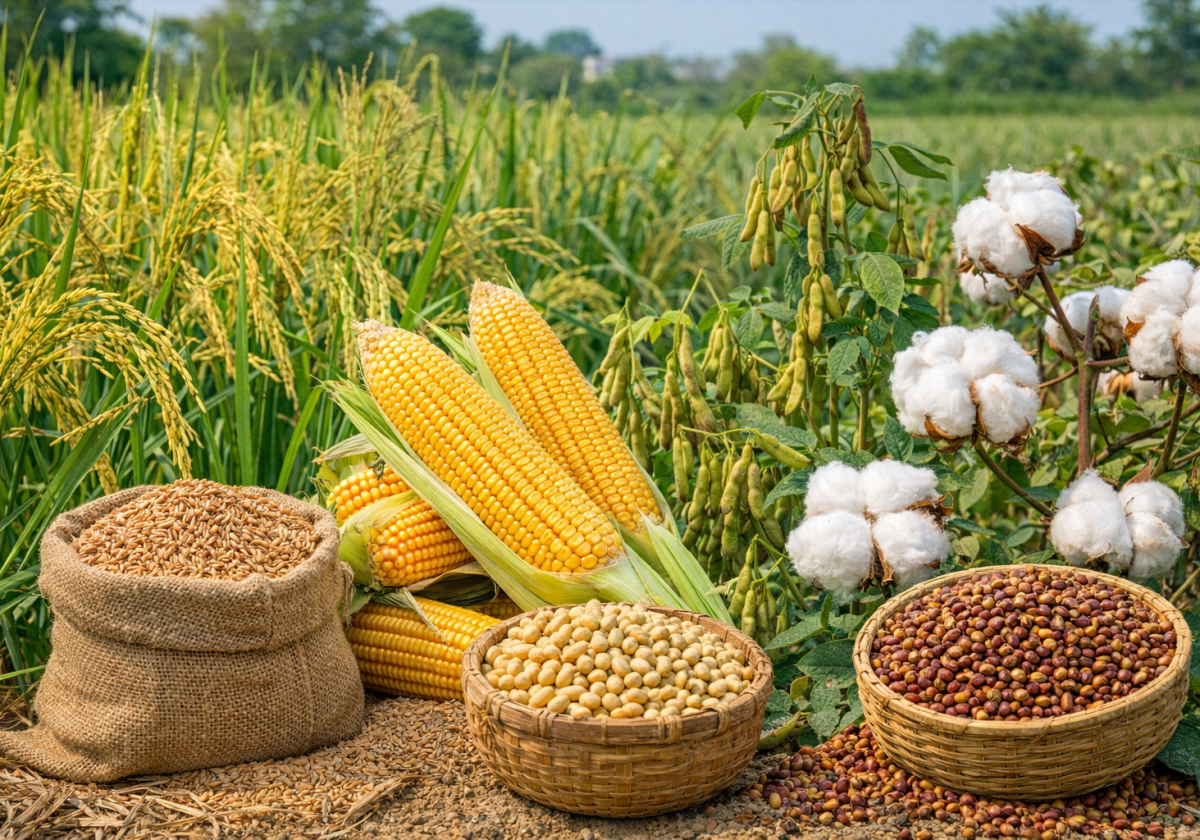

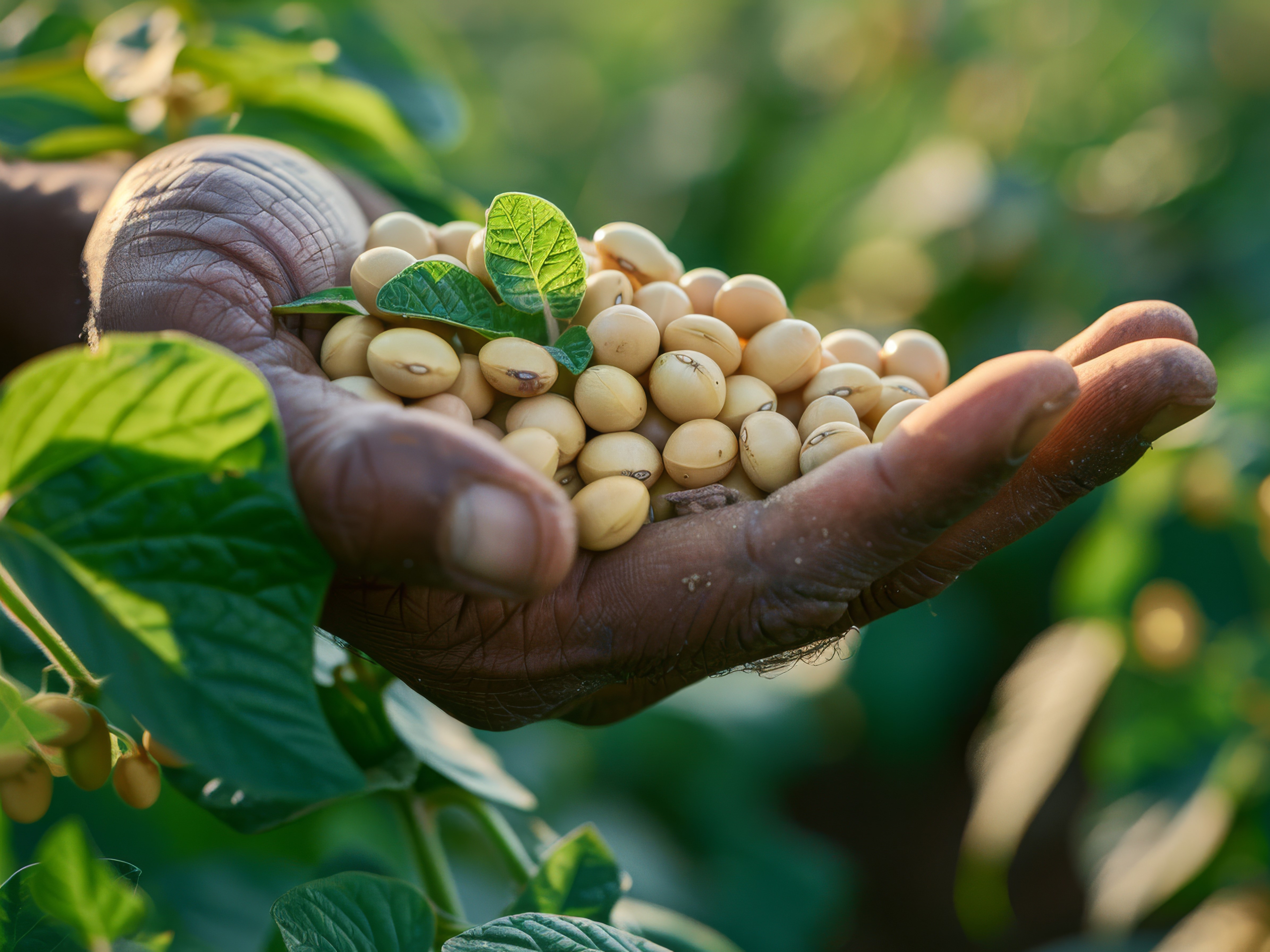

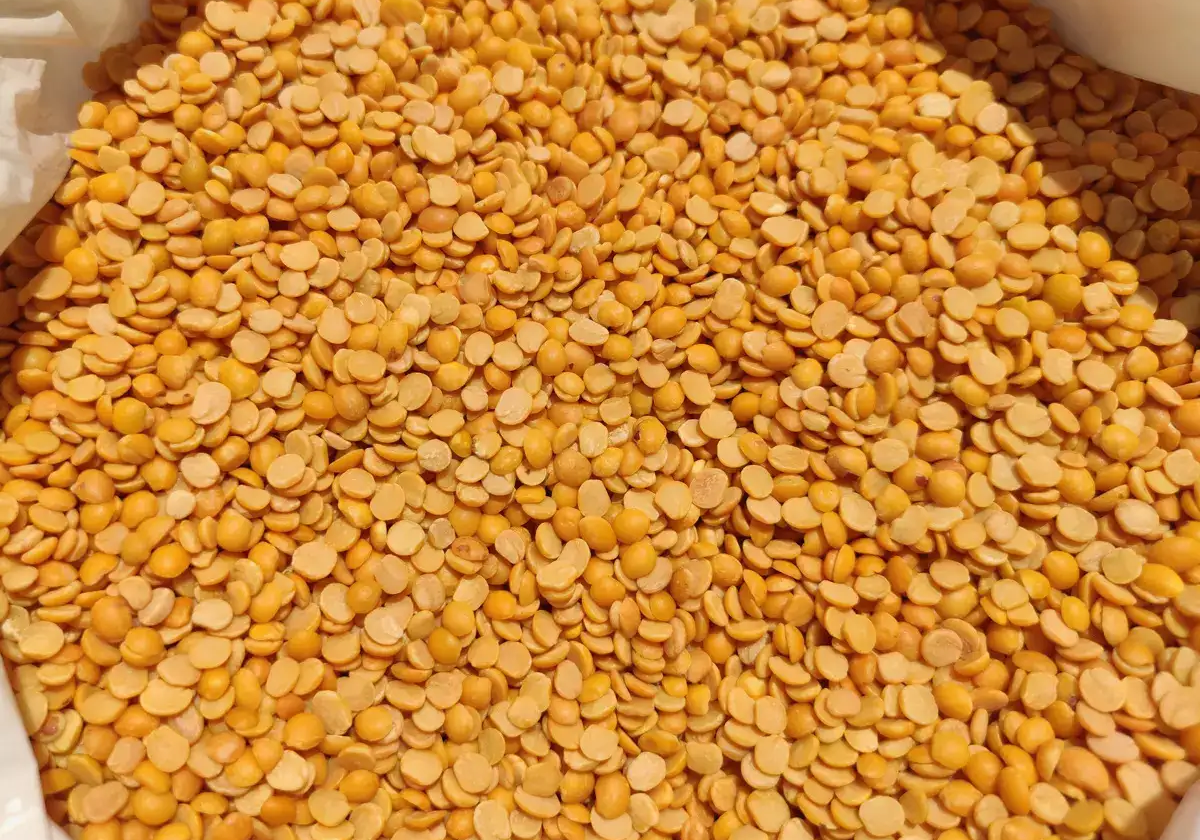
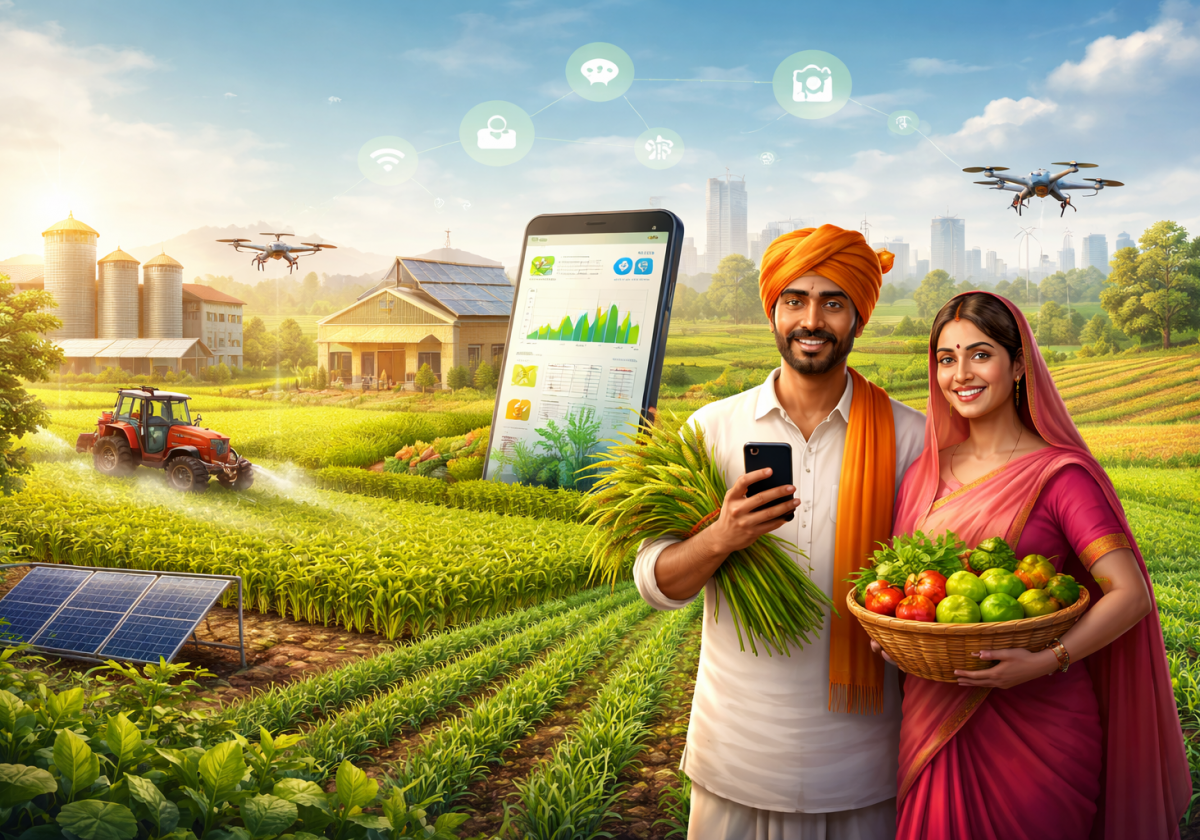
 Connect With Us
Connect With Us